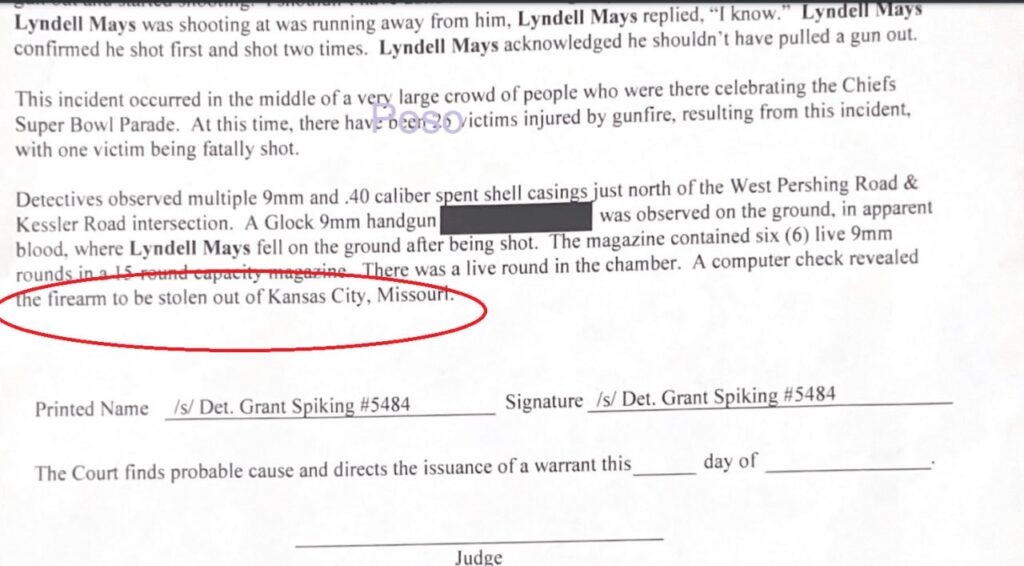A leftist judge, in an obvious attempt to make the Second Amendment look ludicrous, has ruled that the law prohibiting illegal immigrants from possessing firearms is unconstitutional.
The case at hand centered on Carbajal-Flores, who was “charged with possession of a firearm while illegally or unlawfully in the United States.” He had a handgun in his possession “in the Little Village neighborhood of Chicago, Illinois,” on June 1, 2020. He was charged for being a non-citizen in possession for a firearm.
Question 21l on the 4473 asks if the buyer is an alien illegally in the United States. The law in question is 922(g), which is the same law that prohibits felons, fugitives from justice, veterans with dishonorable discharges, citizens who have renounced their citizenship, people who are under a domestic violence restraining order, and those who have been convicted of domestic violence form owning firearms. Are we to believe that all of those people are now permitted to own firearms?
The court ruled that it is unconstitutional to prohibit someone who has never been convicted of a felony, a violent crime, or a crime involving the use of a weapon from owning a firearm. Think about the implications.
Now consider that this is the first time a Second Amendment court decision that affirms someone’s right to own a firearm hasn’t been protested by the left. Why is that? It’s because the left isn’t antigun. They are anti-people that they don’t like owning guns. Since they love everyone, including brown people, their own security details, and others who follow leftist orders, and hate themselves some white people, any gun decision that favors illegals is something the left will support.
Illegals with guns will be the left’s foot soldiers in the coming Civil War. Picture the military aged males pouring across the border, mostly with military equipment. Now ask yourself what’s going on here.
Now combine that with the man in Plant City, Florida who tried to buy a firearm while there was an ATF agent in the gun store. The agent believed that the man smelled like marijuana, so he ordered the gun store to deny the sale, even though the man had passed a background check for the handgun and denied that he was under the influence of marijuana. In a case earlier this month, the DOJ argued:
Because they are not responsible citizens, unlawful drug users and addicts do not have a Second Amendment right to possess firearms.
DOJ, in their brief for the appeal to SCOTUS of United States vs. Daniels
How is it possible that a person who uses drugs is not a responsible citizen, and can thus be denied the right to keep and bear arms, but an illegal alien, who is neither responsible nor a citizen, has Second Amendment rights?
The answer is simple: your government is at war with you. They are using the law and your rights as weapons against you.



